News
News Articles
Viewing items with Category: All Categories, Year: All Years
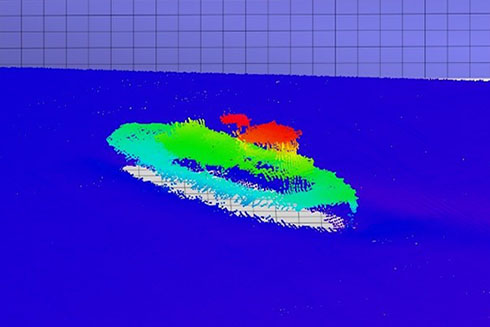
Defying odds, seafloor mapping team discovers 3 uncharted wrecks in a single day
To build detailed images of the suspected wrecks, Hommeyer and Brizzolara returned to the location of each wreck, performing multiple passes from several angles to avoid any gaps in data caused by “shadows” from the overlying features.
May 6, 2019News
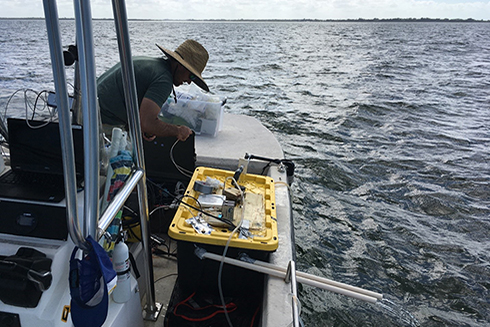
36 hours on a small boat: Bay to river carbonate system water measurements
Chris Moore, USFCMS student and employee of the USGS, recently completed river 4 of 4 in his dry season water sampling of Tampa Bay rivers as he embarks on a scientific census of sorts to describe the waters of Tampa Bay in relation to the threat of ocean acidification.
May 1, 2019Blogs and Perspectives, News
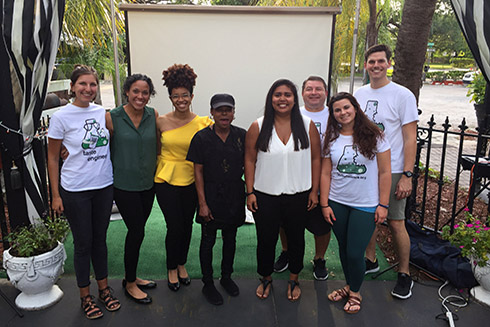
CMS Students Bring a Taste of Science to the Community
“Taste of Science” is a festival that takes place in cities around the country. Its mission is to give the community a sampling of science at locales they already frequent.
May 1, 2019News
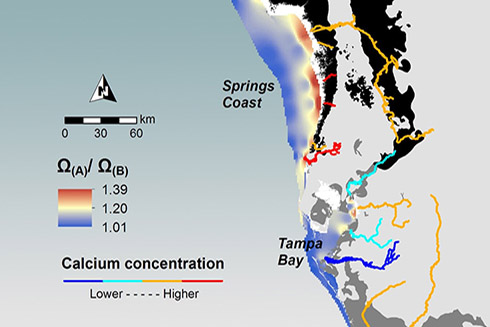
Lessons from a new model: Shelled animals in some coastal areas may lose their ‘shirts’ to climate change faster than others
The oceans are warming, losing oxygen, and growing more acidic, and this study sheds light on how some coastal areas may have greater immunity to these changes than others.
April 29, 2019News

Crap! That’s a lot of Curry!
A team at the USF College of Marine Science was startled to find that a plant-borne virus dominates the viral community in human feces – and it could be a boon to water quality monitoring around the globe.
April 18, 2019News
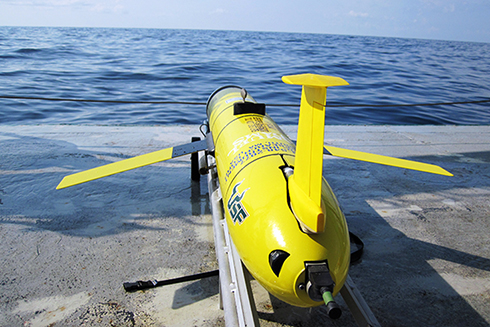
Red Tide Forensics: So THAT’s What Happened
A team led by the USF College of Marine Science and Florida Fish and Wildlife Conservation Commission unraveled the cocktail of conditions that led to last year’s epic red tide along Florida’s coast
April 18, 2019News
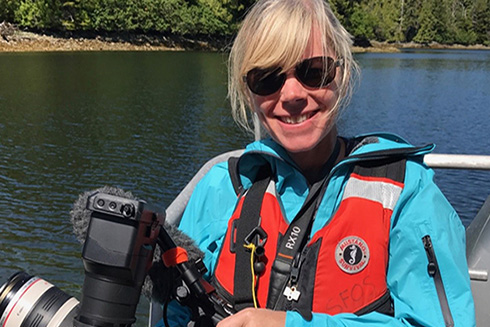
USF CMS welcomes Science Communication Strategist, Kristen Kusek
“I have the best job in the world,” said Kusek, who returns to the USF College of Marine Science 20 years after she graduated.
April 9, 2019News
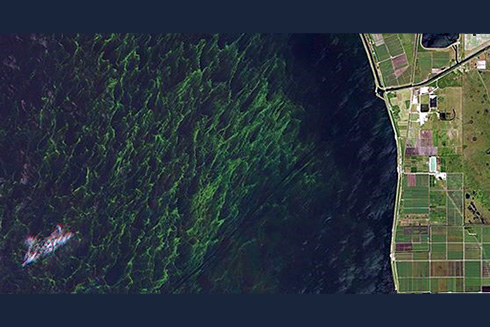
Are things OK in Lake Okeechobee?
Lisa Krimsky recently spoke at USF College of Marine Science about Florida’s largest lake – Lake Okeechobee. Krimsky is a is a faculty member with the University of Florida IFAS Extension and the Florida Sea Grant Program.
April 5, 2019News
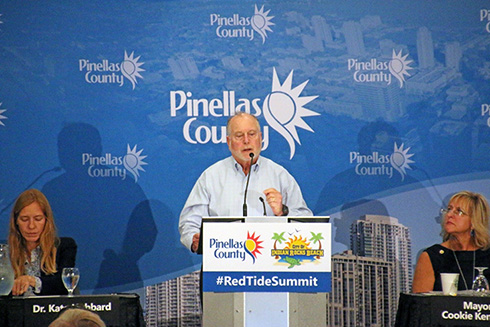
‘Red Tide Summit’ on Indian Rocks Beach addresses public concerns
Last year’s red tide, which started in 2017, was a particularly epic incident that killed fish and other precious marine life, along with much tourism-driven business along the west Florida coast.
April 1, 2019News

CMS Associate Professor Dr. Amelia Shevenell Elected to The Oceanography Society Council
USF CMS Associate Professor, Dr. Amelia Shevenell, was elected to The Oceanography Society (TOS) governance council by voting members of the international society.
March 27, 2019News
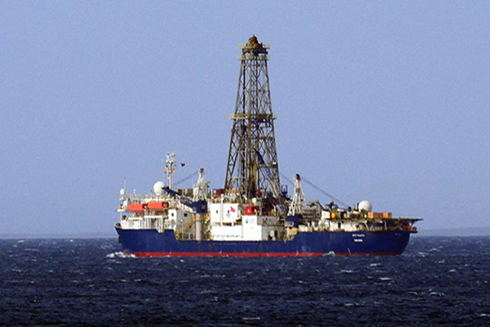
USF CMS graduate student, Michelle Guitard, sets sail on IODP Expedition 382 to Antarctica
This is the third IODP Expedition to Antarctica in the last 12 months, and all Expeditions have included USF CMS faculty and grad students, including: Dr. Amelia Shevenell, Imogen Browne, Theresa King, and Michelle Guitard.
March 27, 2019News
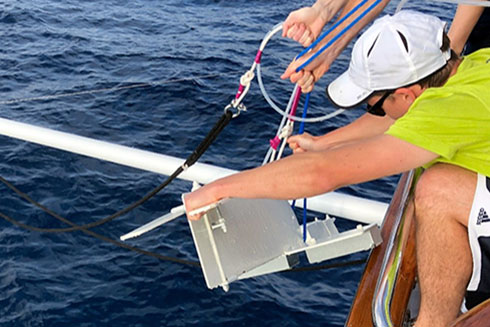
Gulf Stream trace metals cruise, Day 2 – return from the Bahamas
Seawater samples from the cruise will be analyzed for a variety of characteristics with a focus on trace metals: elements that are essential to life despite their low concentrations in the oceans.
March 20, 2019Blogs and Perspectives, News